One thing about pandemics, or just crises and downturns in general, is that they tend to expose organizational weaknesses, poor practices, and complete neglect. We can see evidence of this daily around the world today. Systems, structures, and things are showing their weaknesses.
What I have been noting is that it is quite evident in many fundraising programs that many are top-heavy but base limited. What does that mean? There has been a strong emphasis on major donor development and little spent on new donor acquisition, mid-level upgrades, and, of course, as always retention.
It is the new donor acquisition that I prefer to focus attention on. Right now, one thing we are seeing is non-donors giving for the first time. People are feeling out of control. The sentiment in the country is one of people trying to wrestle control of their present economic situations or health concerns. Tensions are rising. And, so is that feeling of the need to take control and do something.
In the case of some individuals with a more philanthropic spirit, the one thing that they can do is solve your organization’s problem. And, the pure fact is that we can no longer find or build donors offline. Everything is now being done through online or mobile channels.
While the adage is that it takes three exposures to a company before someone makes a purchase, the real number is much higher these days. On average, a prospect has to interact with your organization by phone, email, or social media 20 times before they make a donation or a purchase.
So, how can we work to attract new donors to our cause?
I highly recommend using a highly integrated, multi-channeled approach to digital lead acquisition.
- During these times of social isolation, we are finding that more and more people are online, so your website needs to be tuned-up and mobile-friendly and responsive. Then turn your eye to your social presence.
- Take a look at your Google analytics and track behaviors on your website. How effective and attractive is some content over others? Where do visitors go first? Make adjustments as needed.
- Determine your current prospect to donor conversion rate. Here is a great formula on how to do that; Go look up the number of new subscribers you got last month and divide that by the total number of website visitors that same month.(# of new subscribers) / (# of site visitors) = your conversion rate.
- If you’re like most nonprofits, you’re lucky if your conversion rate is higher than 1%. Most are closer to 0.5% or even lower.
- Develop an online donor persona. Identify past online donors, identify website visitors, and their behavior and develop an ideal constituent profile.
- Identify your offline donors and introduce them to your digital presence. Remind donors that contributions once mailed in, can now be easily made online and put directly to work during this crisis.
- Spend time learning about donor preferences and become much more personalized in your approach. Identify past programmatic interests and in-corporate highly segmented in-email personalization.
- Develop a “Donor Journey Funnel.” What is this? Like the traditional sales funnel, you aim to take someone from the time they learn about your business to make a purchase.
- Understand “Lead Magnets.” What is a lead magnet? Lead magnets are incentives that offer up a specific reward in exchange for a user’s email address. Leads can be e-books, webinars, cheat sheets, discounts, quizzes, or a course.
- Develop a “lead” for your prospective donors. Leads for a nonprofit organization could consist of a download for a “Covid Emergency Action Guide,” or “Covid Tips to Keep You Safe.” Tie your mission into relevancy for the moment and create a relevant and attractive lead. Mother’s Day is on its way, and many of us can’t visit our mother’s this year, so why not send her a card from her (or your) favorite nonprofit. Or what about social change devices, including petitions and online letter campaigns. How about a Guide to Helping Out During Covid?
>>Quick station break – article continues below, and you’ll want to get your hot little hands all over my new 7 Tips to Take Back Control of Your Time Guide. Get a copy of your guide here!>>>
- Once you have created your lead, you then need to host it, either as a “pop-up” on your website, a landing page, or some other format that starts a “funnel.”
- Once they have traded their email for your “lead magnet,” then it is time to enter these prospects into an online and offline cultivation stream called a “Donor Journey.”
- To create a systematic “Donor Journey,” you will need to identify all of the different touchpoints that you will use. These touchpoints don’t all have to be digital. They can include both offline and online strategies, i.e., emails, text messages, video, telephone, in-person visits, etc.
- Break down the “Donor Journey” into different phases with touchpoints, aligning each step with a goal just as you would be designing strategy moves for each of your major donors. Planning thoughtful stages or steps will maximize your donor relationship as you would offline. Each phase or level should aim to increase the donor’s engagement and interest in your organization and help them to feel good about possibly becoming greater involved in your efforts through giving. Your ultimate goal is to move them from awareness to an ask.
- Be sure that each phase of the “Donor Journey” is personalized based on the multiple different donors identified who will be coming into your organization.
- Develop a system either in your current CRM system or through other communication tools. The method you use should allow you to build out each segment of your journey using things such as automated emails, calls, etc. and then set your system free and let it do its job.
- Continually monitor donor behaviors as they enter, participate in, and exit your “Donor Journey” stream to identify areas for correction, enhancements, or adjustments.
It is imperative that you begin to move your efforts digitally as a result of COVID-19. Given this, attention should be provided as to how you not only retain new donors but also how you acquire them. Never before has acquisition has been as important or as effective as digital. Follow these steps, and you will soon be on your way to having a strong digital acquisition program and a growing donor base.
For a free, 30-minute consultation, or to learn more about our “Survive and Thrive” professional coaching services, visit us here at www.developmentconsultingsolutions.com/coaching or book your fundraising coaching session at http://calendly.com/developmentconsultingsolutions/30min.
Join my new nonprofit “tribe” who are surviving and thriving! Click HERE to join my private Facebook group: Nonprofit Survive and Thrive Mastermind and receive support and inspiration to drive your results.


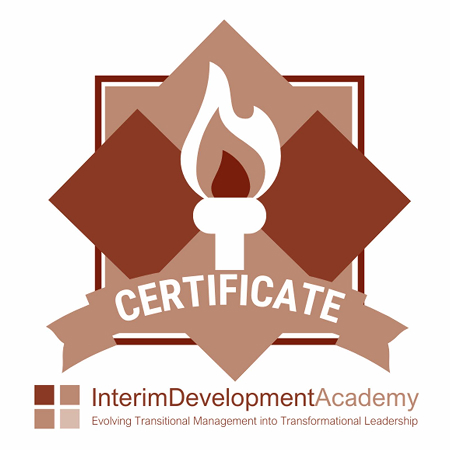

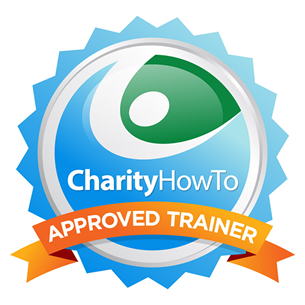
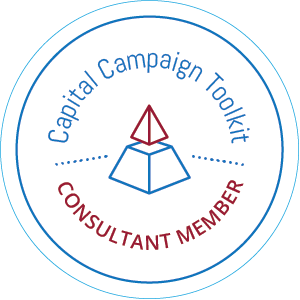
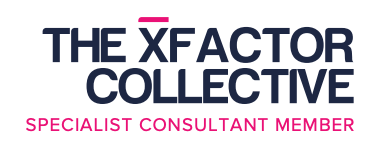
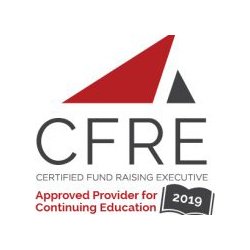
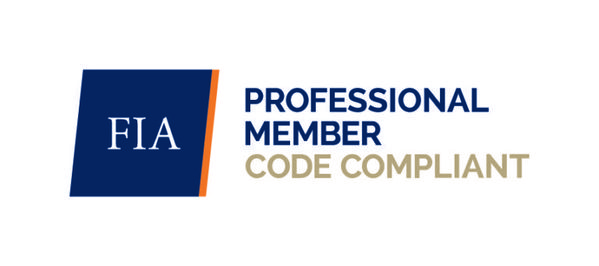


Leave a Reply
Want to join the discussion?Feel free to contribute!